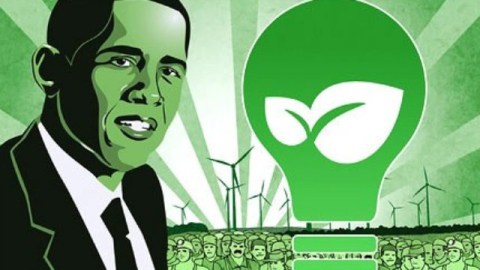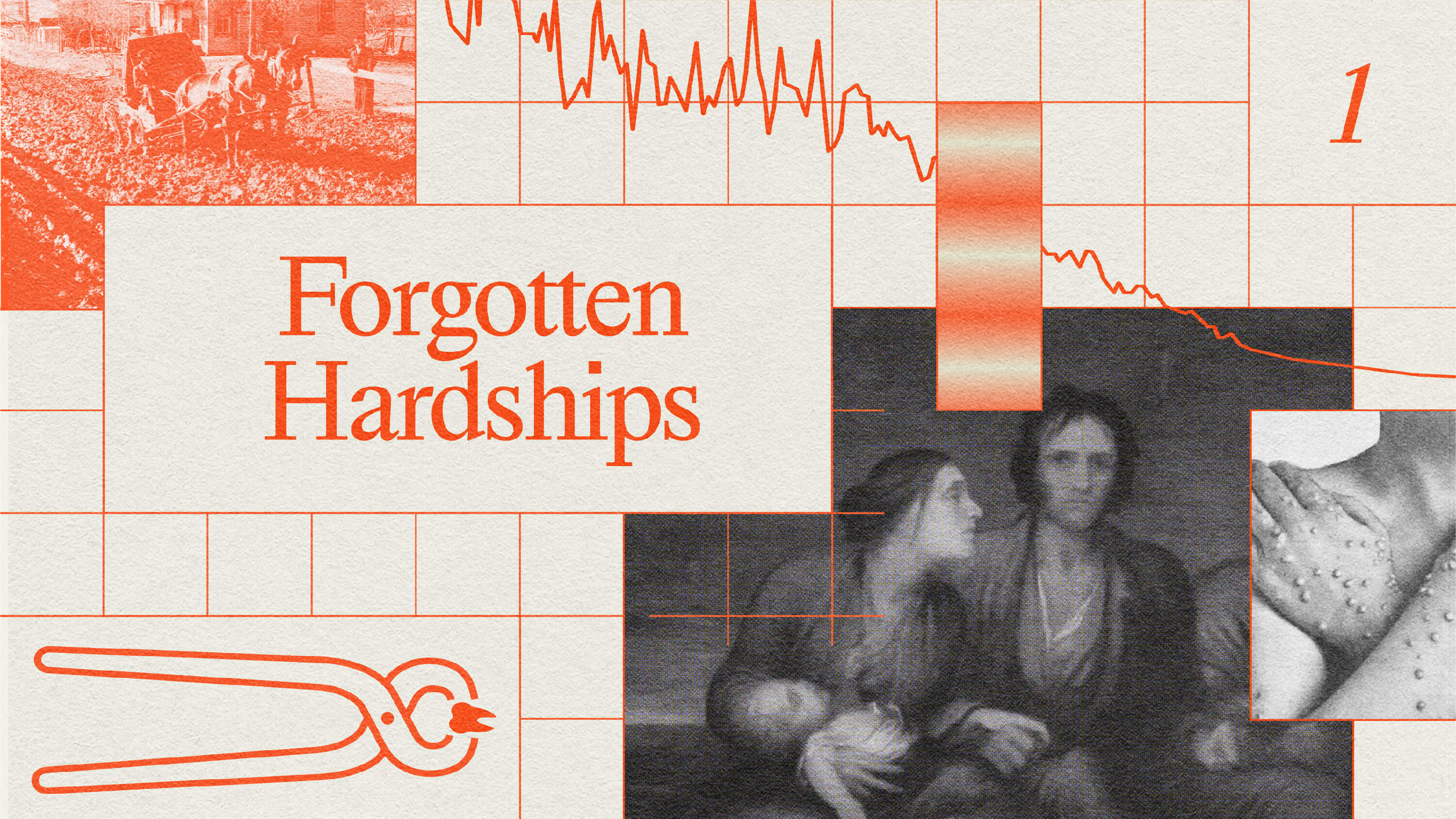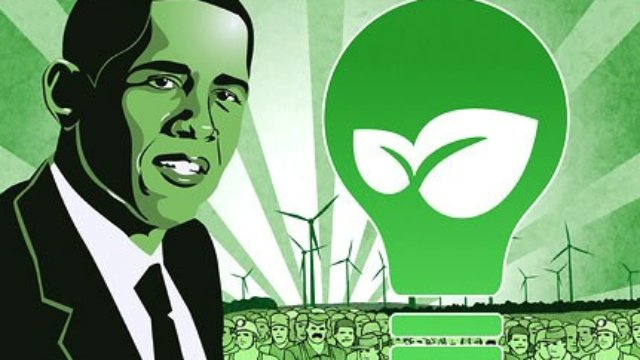Big Think Video Interviews on Green Jobs and Economic Growth

Big Think has done a number of video interviews with green job advocates over the past several years. You can view a summary of these interviews here.
I found these clips from interviews with former Obama administration official Van Jones and with environmental justice student activist Kari Fulton especially interesting. In the first interview, Jones discusses the problem of “getting the rules right.” As a recent WPost article suggests, without creating the rules and incentives that increase the price of dirty energy sources, no matter the amount of private investment and government stimulus in the area, it’s unlikely that a market transformation will take shape.
In the second interview Fulton argues that one-time stimulus is not enough. In inner cities, she argues that a long term infrastructure is needed that keeps those green jobs created in place and continues to grow the opportunities and prospects in the area.
Van Jones: Well, the good thing is that the clean energy revolution will be mostly led by private capital even in the meltdown that we’re seeing right now. The one place that’s still strong were venture capitals at least is still looking to make big place, the clean energy sector, the handwritings on the wall for the carbon based, oil based, coal based energy, outmoded 8-track tape kind of technologies, we will now going to move to the MP3, solar and wind, clean energy grid technology, so that’s still very strong. The private sector will lead, but the private sector can only do a good job according to the rules, the government says. I’m all for markets, but markets work according to rules and the rules are set by the government. Right now, the rules are wacky. If you are a polluter, you can dump all the carbon in the world you want you for free in the air and you pay zero for doing that. It’s going to cost us the whole planet but it’s free to you. That’s the biggest market failure in the history of capitalism. That’s got to be corrected. Well, you corrected by either having a cap and trade system. We would say cap collect and invest system, so the money you get from people who buy the right to put up carbon, you reinvest in economy or [you] carbon taxes, but you’ve got to get to [seek] the price signals going, so that it’s suddenly cheaper to be clean and more expensive to be dirty. Right now, it’s cheap to do dirty energy and it’s expensive to do clean energy in part because the price signals are wrong. So, the government, the most important thing the government can do is get the price signals right to get a carbon deal done that put a price on carbon, that force the polluters to pay. So, people will very, and I guarantee you very quickly, the energy sector in our country, the minute that that deal goes through, they’re going to come out with whole hat, magic hat full of technologies that are ready to go the minute they know they can’t go on the old way, but we’ve got to get the price signals right.
Question: What is preventing lawmakers from making these changes?
Van Jones: Well, you know, there are objective and subjective hurdles. Objectively, the polluters spend an awful lot of money engaging what’s practically legalized bribery of the entire political system. Do we have a military petroleum complex that runs this country, you know, like all the Texas, the Pentagon access runs right through the [bible] about where I grew up, where our family still lives. They, up until now, have run the country. I would say into a ditch, and as a result, we have this incredible addiction to oil overseas as well as homegrown oil, but we spend a tremendous amount of our Pentagon dollars defending and protecting and policing oil supply lines. Why? So, they can then spend billions more buying the stuff. Well, I would say, you know, a smart thing to do will be to take 10% of the Pentagon budget and use it to retrofit, re-power, reboot America clean and green so that we don’t have to have military bases all around the world and guard sea lines all around the world. That is the way forward for the US economy. The faster we can transition to a clean and green set of homegrown solutions for energy, the quicker we can get energy prices down and start growing the economy again.
Question: Are green jobs having an impact in Washington?
Kari Fulton: Yeah, I have a couple of different friends, nationwide, actually, who are now... who are doing work around, you know, stuff like bringing energy efficiency to low income communities and now through the stimulus plan they are getting money to actually host those programs. So NDC, Mayor Fenty had a green summer job's program and a lot of different things. So I definitely think it is moving very well and you know, definitely think that more people are getting involved, more people are starting to see it as a real agenda. So, I really hope that...
One time I saw Van speak at... he was at Morgan State in Baltimore and so I went there and this lady stood up and she was like, "all the stuff you're doing is great but in the 70s we already had those programs and then when the government changed over so did that program and there was no more funding for the environment steward programs that were going on." And that's what I hope doesn't happen and that is why it's good when you do have your consumer market that's thinking green just as much as the government is and I hope that we continue building that up because the government cannot hold these programs themselves and a lot of the work that is going on with green jobs is stuff that's kind of temporary, to be honest with you, once you install those energy efficiency products and install those solar panels and all those different things, what's next, what's next?
And that is really where I think we need to remember is that and building up that strategy like I said is that we have to build up that infrastructure that doesn't kill off all these jobs that we started once a new administration comes in or once we figure out, we don't have enough money to support that.
Recorded on: May 8, 2009





